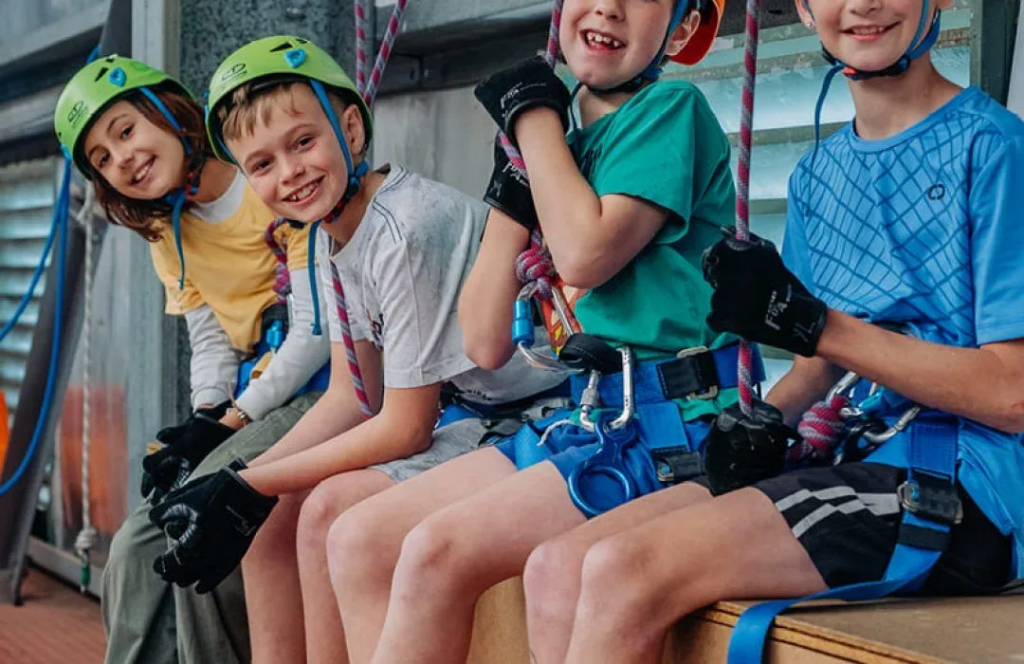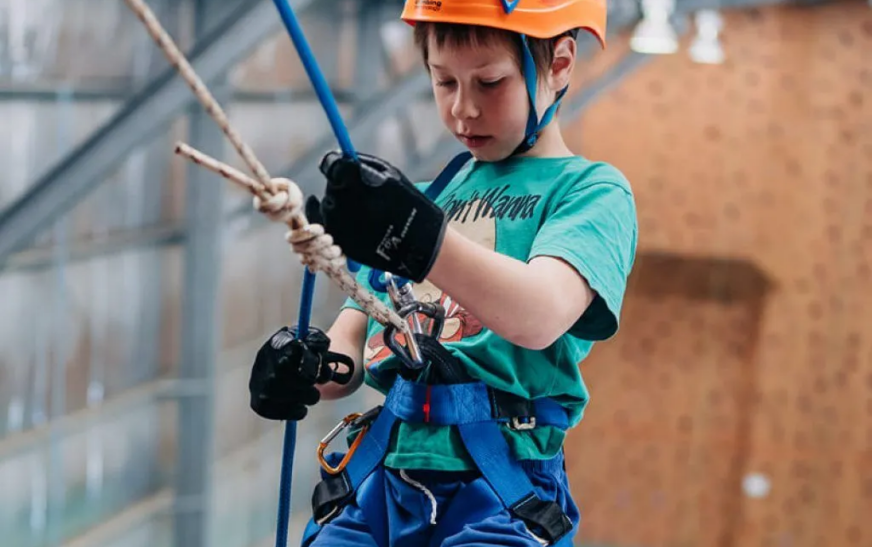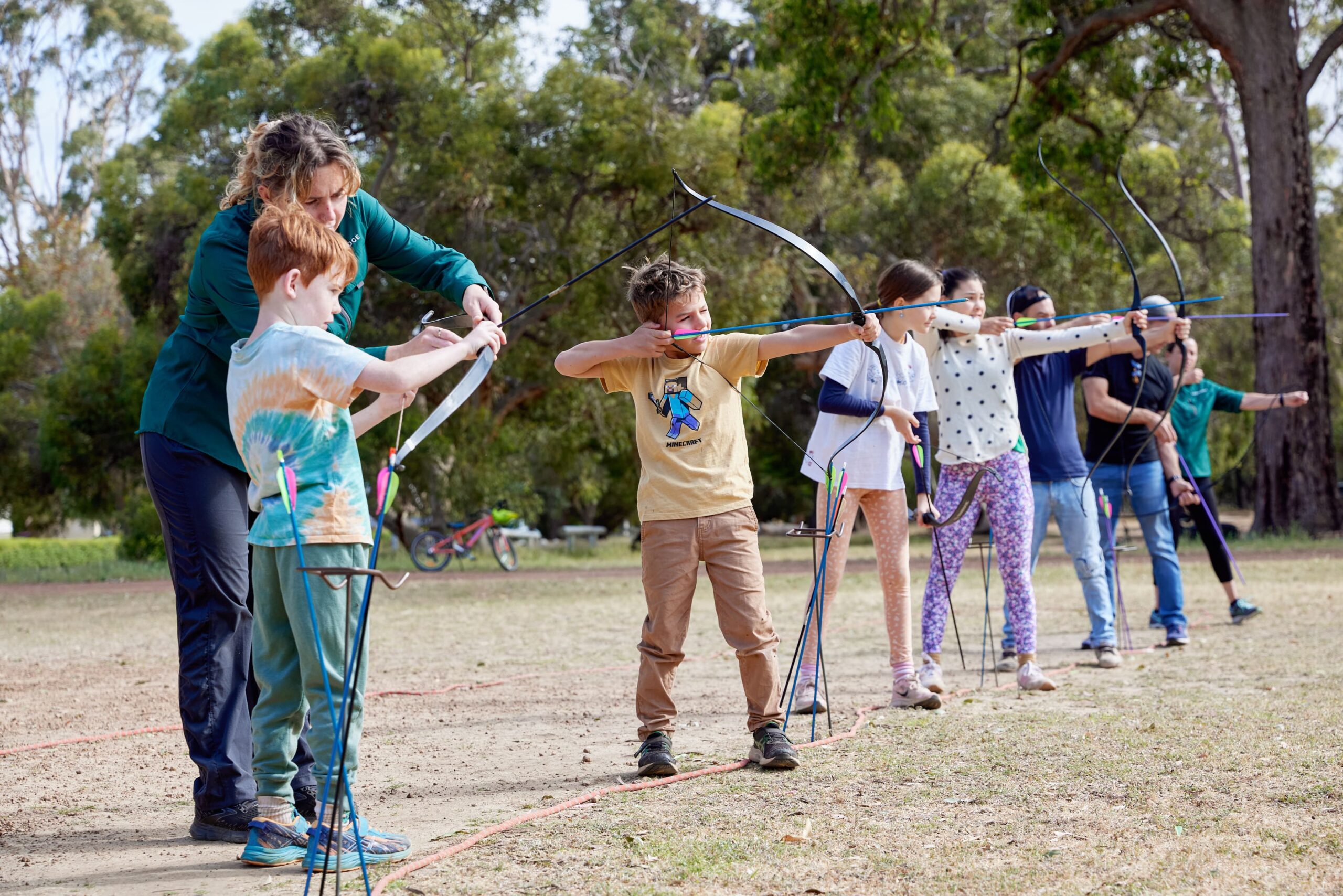These days, children are often drawn to the allure of screens, with video games, social media, and online streaming capturing their attention. While technology offers numerous advantages, it also presents a challenge: getting kids to engage in outdoor activities.
However, stepping outside offers benefits that go far beyond just having a good time. Outdoor activities play a crucial role in a child’s development, fostering physical health, mental well-being, and social skills.
Physical Health Benefits
One of the most apparent benefits of outdoor activities is the boost to physical fitness. Engaging in activities such as hiking, biking, climbing, or simply playing games in a park helps children develop strong bones, muscles, and cardiovascular systems. Unlike sedentary indoor activities, outdoor play promotes movement and exercise, which are vital for a child’s growth.
Boosting Immunity and Overall Health
Spending time outdoors exposes children to fresh air and sunlight, which are essential for maintaining good health. Sunlight is a natural source of vitamin D, which is crucial for bone health and the immune system. Regular exposure to sunlight can help prevent vitamin D deficiency, which is linked to various health issues, including rickets and weakened immune function.
Outdoor play also promotes better sleep patterns. Children who spend time outside are more likely to experience improved sleep quality and duration. This is partly due to increased physical activity and exposure to natural light, which helps regulate the body’s circadian rhythms.
Mental Health Benefits
Nature has a calming effect on the mind, and spending time outdoors can significantly reduce stress and anxiety levels in children. The sensory experiences of nature—the sound of birds chirping, the rustling of leaves, the sight of open skies—help soothe the mind and promote relaxation. Engaging in outdoor activities provides a break from the constant stimulation of screens and electronic devices, allowing children to unwind and recharge.
Research has shown that spending time in nature can lower cortisol levels, the hormone associated with stress. Additionally, outdoor activities encourage mindfulness and present-moment awareness, which are effective strategies for managing anxiety. This connection to nature is especially important in today’s fast-paced world, where children often feel the pressures of academic performance and social expectations.
Enhancing Focus and Concentration
Outdoor activities have been linked to improved focus and concentration in children. Studies have found that children who spend time in natural environments tend to have better attention spans and are more focused when completing tasks. This is particularly beneficial for children with attention-deficit/hyperactivity disorder (ADHD), as outdoor activities can help reduce symptoms and improve cognitive functioning.
The diverse stimuli found in nature engage the brain in ways that indoor environments cannot. Natural settings encourage exploration and curiosity, stimulating the brain’s neural pathways and promoting cognitive development. The varied sensory experiences found in nature also help children develop better sensory integration, which is essential for processing information effectively.

Social Skills Development
Outdoor activities often involve group participation, providing children with valuable opportunities to develop social skills. Whether playing team sports, hiking with friends, or engaging in group challenges, children learn to communicate effectively, cooperate, and work as part of a team. These experiences teach essential life skills such as leadership, empathy, and problem-solving.
For instance, activities like group hikes or team-building exercises require children to communicate clearly, delegate tasks, and make collective decisions. These experiences build interpersonal skills that are crucial for success in both personal and professional settings. Moreover, participating in outdoor activities can help children overcome shyness and build confidence in social interactions.
Fostering Friendships and Social Connections
Outdoor activities provide a platform for children to form friendships and develop meaningful social connections. Shared experiences in nature create lasting memories and strengthen bonds between peers. Children who participate in outdoor adventures together often develop a sense of camaraderie and mutual support.
Engaging in outdoor activities also helps children build a sense of community and belonging. Whether participating in school camps, scout groups, or local sports clubs, children develop a sense of identity and pride in being part of a group. These experiences are essential for building a positive self-concept and a sense of belonging, which contribute to overall well-being.

Conclusion
The benefits of outdoor activities for children are vast and multifaceted. From physical health and mental well-being to social skills and environmental awareness, outdoor play is essential for a child’s holistic development. In an increasingly digital world, it is crucial to encourage children to step outside, explore nature, and engage in outdoor adventures.










